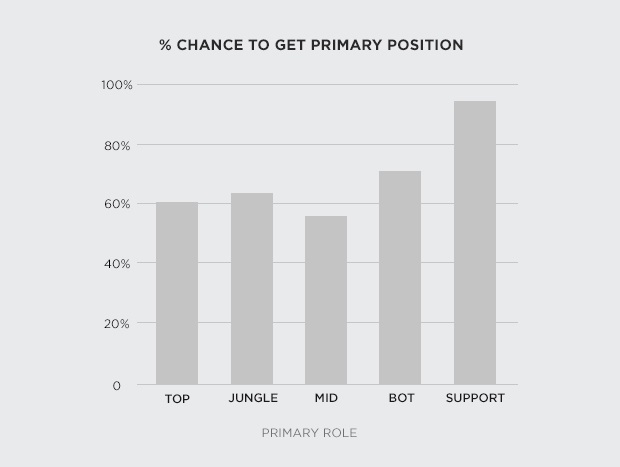On May 31st 2016, Riot hosted a roundtable discussion regarding Dynamic Queue. They brought together the following personalities.
Riot Pwyff – Communications Lead at Riot Games
Riot Socrates – Lead Designer at Riot Games (worked on Ranked system, etc.)
Gbay99 – Streamer, Content Creator on Youtube
Riot Lobster – Lead Developer at Riot Games (Dynamic Queue)
Scarra – Former LCS Player, Streamer, Content Creator
Pwyff, acting as the moderator, made the immediate announcement that solo queue would not be returning to League of Legends. Following this up, the other Riot roundtable members were quick to admit their failure to properly communicate with the community. This was further complicated by the constant statistics they were receiving from surveys and research suggesting that solo queue should not return for the majority of players.
Dynamic Queue Experience
The two external members present were probably the most vocal in this segment of the seminar, primarily Scarra. Right off of the bat, he would say that Dynamic Queue is “awful”. He called for 3 key aspects to be addressed:
- playing against players of a similar skill
- short queue times
- “play what I want to play”
Scarra would follow up by saying that “on all 3 levels, the matchmaking system has failed.” The Riot members were quick to acknowledge this failure, but only at the high MMR levels, which is absolutely true. The tiny player base, combined with a gigantic skill gap at the level between individual players can create some serious problems.
Gbay99’s input mostly centered (ironically) on the idea of competitive integrity. While he stated that he had not been afflicted with the same problems as the high Elo player base, he felt that his accomplishments in climbing were being heavily diminished by the presence of Dynamic Queue. The fact that a lesser skilled player could piggyback along his/her friends to be carried from division to division was the aspect of the system that troubled him.
Riot however, actually did not actually directly address this. Lobster consistently avoids his point, instead trying to divert the topic into matchmaking asking, “do you see a problem with being evenly matched up against a premade team?” Pwyff made a fantastic effort to refocus the discussion on competitive integrity, but the other members failed to use this opportunity to answer the question fully again.
Results of Dynamic Queue
Toxicity has absolutely gone down, according to the variety of Riot’s measures. Whereas before Ranked games were at least two times more toxic than Normal games, now Dynamic Queue games are even less toxic than Normal games.
You May Like
The other major improvement stated by the Riot team was that “more people than ever” are playing Ranked games since the release of Dynamic Queue, adjusted for the growth of the entire player population.
An issue with the Team Builder aspect of matchmaking was the uneven distribution of players among roles. A majority of players prefer to play mid, while a much larger minority of players prefer to play support. Rather than a problem with the system, this may actually show a huge flaw in game design, where players feel that one role is not fulfilling or fun to play.

A Good Start
Both Gbay99 and Scarra praised Riot for their introduction of this roundtable, inviting external guests and increasing the level of transparency with their development.
But Scarra emphasized the follow-up to this roundtable as the most important factor. He was “not sold” after the proceedings of the meeting, and said that he would be looking for the amount of growth in one month or so; how much could be solved when everything at this current time is “faulty”?
The biggest problems still affect only the high elo community, but Riot has allowed that to take a backseat for now, instead catering to the majority of players at lower ranks. But something about that is not in line with their game design. Whereas Riot’s success has been founded upon balancing around the top tier players (think game design, champion design, challenger system), in the recent past and future they are looking to become a more ‘family-friendly’ developer.
Valve is another designer that has balanced CS:GO around skilled play, rather than ‘dumbing’ the game down, and their success has been amazing, even being broadcast on television just a week ago. Other titles have taken the path of balancing according to the majority, and have failed immensely.
Riot’s follow-up will ultimately be the determining factor for many fringe players for whether they stay with the most popular MOBA, or migrate to other games on the rise.
















